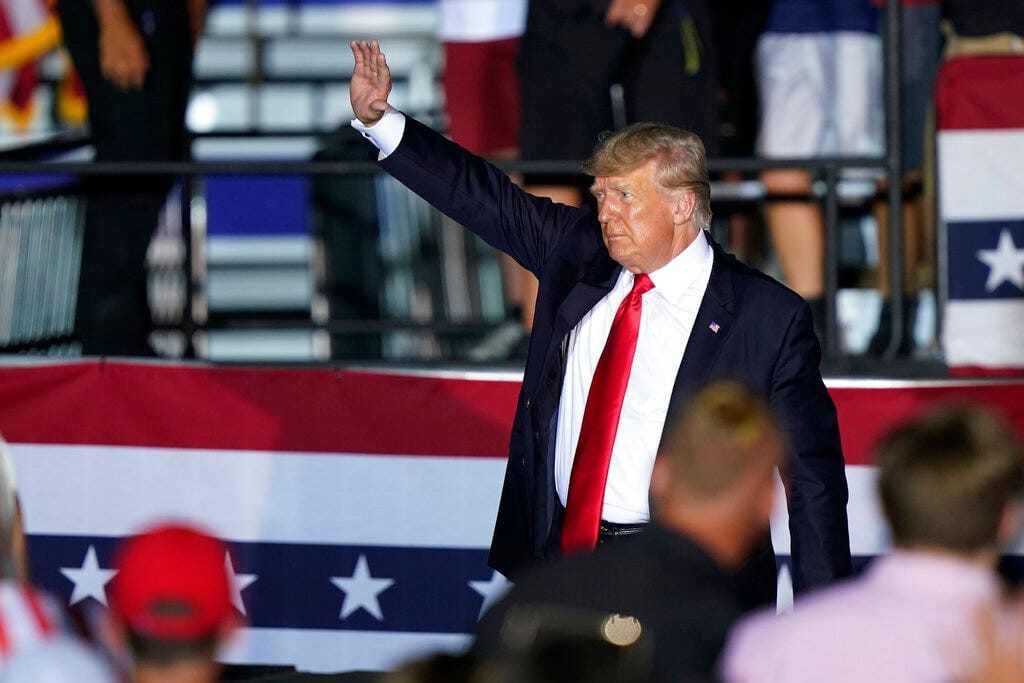U.S. Supreme Court Grants Trump "Absolute Immunity" for Presidential Acts
In a landmark decision, the U.S. Supreme Court has ruled that former President Donald Trump possesses "absolute immunity" from prosecution for any "official acts" carried out during his presidency. This ruling has far-reaching implications for the ongoing legal battles involving the former president, who has
In a landmark decision, the U.S. Supreme Court has ruled that former President Donald Trump possesses "absolute immunity" from prosecution for any "official acts" carried out during his presidency. This ruling has far-reaching implications for the ongoing legal battles involving the former president, who has been facing a series of criminal and civil lawsuits since leaving office.
The Supreme Court's decision, which was handed down in a 6-3 vote, asserts that the president, as the head of the executive branch, must be free to make decisions and take actions without fear of being held personally liable for those decisions. The majority opinion, authored by Justice Clarence Thomas, argues that allowing prosecution of a former president for official acts would "chill the president's ability to carry out his constitutional duties."
The ruling specifically addresses the ongoing criminal investigation into Trump's alleged efforts to overturn the results of the 2020 election. According to the court's decision, any actions taken by Trump in his capacity as president, including those related to the election, are protected by absolute immunity.
The dissenting opinion, written by Justice Sonia Sotomayor, argues that the ruling "threatens to undermine the rule of law and the principle that no one is above the law." She contends that the decision "effectively places the president above the law, creating a dangerous precedent that could be exploited by future presidents."
Legal experts are divided on the implications of the ruling. Some argue that it is a necessary protection for the presidency, while others fear that it could lead to a dangerous expansion of executive power. The decision is likely to be a topic of intense debate and scrutiny in the coming months as the legal battles surrounding Trump continue to unfold.




